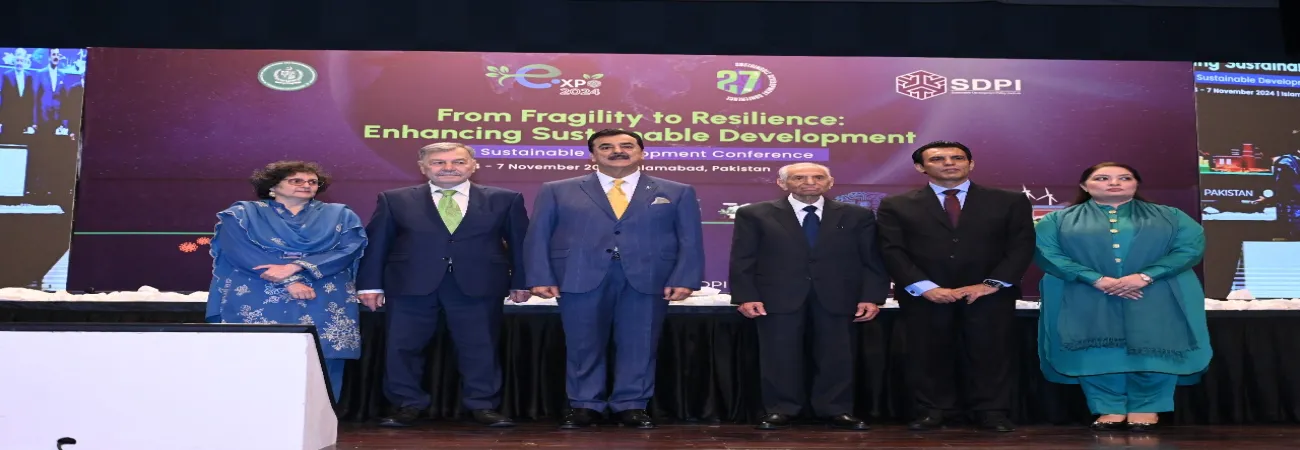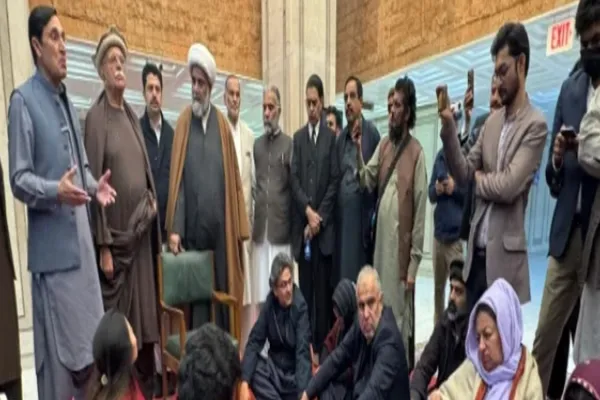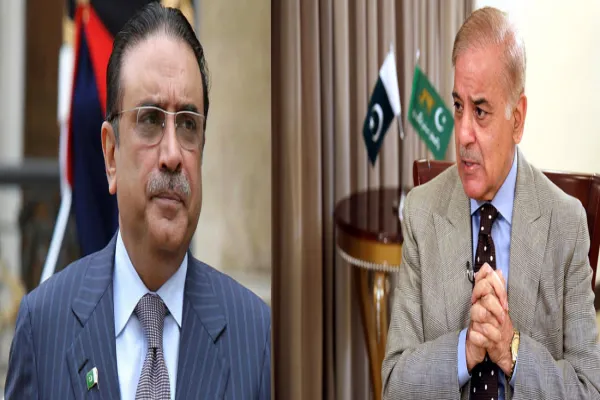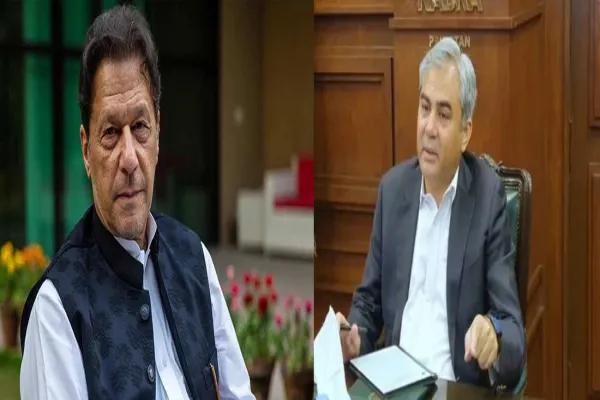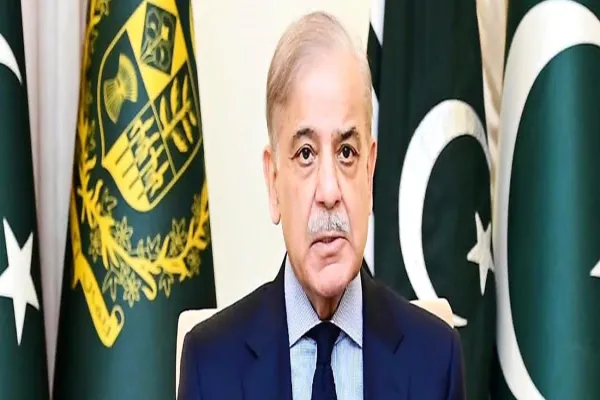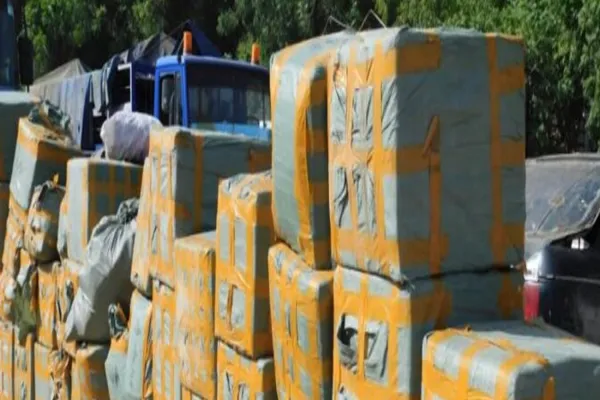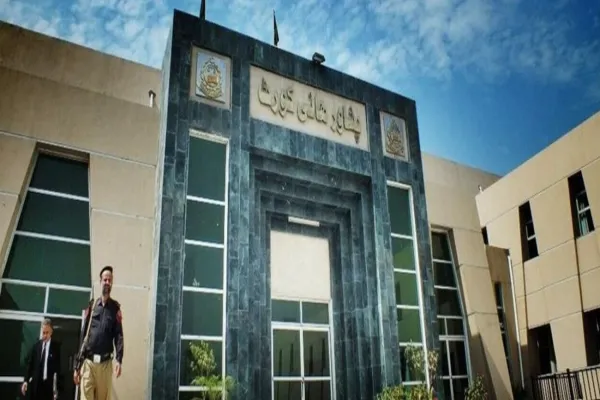i NEWS PAKISTAN
Acting President and Senate Chairman Syed Yousuf Raza Gilani on Monday said Pakistan faced significant challenges from climate change, which were the main obstacles to achieving sustainable development. He was speaking at the inaugural plenary of the 27th Sustainable Development Conference (SDC) organised by the Sustainable Development Policy Institute (SDPI) in collaboration with the Ministry of Climate Change. The theme of this year’s conference is ‘From Fragility to Resilience: Enhancing Sustainable Development’. Mr Gilani said the country had made commendable strides towards climate governance and sustainable development as the national climate and sustainable development policy outlined a comprehensive strategy to address resilience, mitigation, poverty alleviation, women empowerment, agriculture, water resources and energy efficiency. He said tough economic decisions taken by the government had set the country on a path of economic stability.
Mr Gilani said Pakistan had been passing through a ‘polycrisis’, and the immense struggle and sacrifices made by the countrymen and the weight of tough economic decisions borne by the government could not be overlooked. Coordinator to the Prime Minister on Climate Change Romina Khurshid Alam said the impacts of climate change were devastating the ecosystems beyond repair, with extreme weather events and slow-onset disasters disrupting the lives of millions of people. Ms Alam said smog across the border was causing loss of lives and spreading diseases, especially in Lahore. She affirmed the government’s commitment to building resilience under the guidance of Prime Minister Shehbaz Sharif, highlighting the government’s efforts to combat plastic pollution as part of its broader waste management strategy. SDPI Executive Director Dr Abid Qaiyum Suleri said the world, and Pakistan in particular, stood at a crossroads.
He said: “In recent years, we’ve endured immense trials: the Covid-19 pandemic halted global life, testing even the most advanced health systems. Then, the Ukraine war disrupted energy supplies, raising costs and impacting economies worldwide, including Pakistan’s.” In his opening remarks, SDPI Chairperson Shafqat Kakakhel highlighted global issues, including political conflicts like those taking place in Ukraine and Palestine, climate crises, as well as rising poverty, which had impacted 1.1 billion people worldwide. Sherry says pollution a serial killer Pakistan Senate Standing Committee on Climate Change and Environmental Coordination Chairperson Senator Sherry Rehman on Monday said pollution was a serial killer in Pakistan.
Speaking at the ‘Pioneering Solutions for Climate Resilience’ session, Ms Rehman said measures as small as tuning our engines were needed to help control smog. She commended the SDPI for taking sustainability beyond a cliché and making it applicable and congratulated the winners of the Sustainability Awards. Ms Rehman deplored lack of coverage by the mainstream media on climate emergency, stating that “media is treating climate as a disaster tool”. She said media only focuses on climate change when a disaster occurs, primarily holding print media responsible because “they know better”. Therefore, SDPI should have a “journalist category” for the awards to reward those who focus on climate change as a priority, she added.
Ms Rehman said according to data, Pakistan was the fifth country on the list of countries vulnerable to climate change. “However, I think that we are at an even higher risk because our population is not trained to deal with climate emergency,” she added. On water, the senator said Pakistanis had one of the highest per capita water usage which means we are wasting water which is a “finite, precious” resource which would not last forever. The senator deplored that a large amount of unfiltered sewage was being dumped into Rawal Dam on a daily basis, which was the main source of water for Rawalpindi and Islamabad. In the end, Sherry Rehman inaugurated the 2nd Sustainability Investment Expo 2024. In a high-level plenary titled ‘Legal Framework of Climate Finance’ Justice Jawad Hassan of the Lahore High Court said it was important to know what climate financing law was in Pakistan and what the legal framework Pakistan had offered.
He said local and international donors had raised three questions during the last COP28. The questions were whether there was any legal framework financing law in Pakistan, how climate was financing protected in Pakistan, and third whether there was any dispute in it and how the courts would look into it. He said Pakistan was the most deserving country for climate grants. Justice Jawad Hassan emphasised the critical need for a comprehensive legal and regulatory framework to enhance climate finance initiatives in Pakistan, particularly in response to the severe impacts of climate change the country faces. He highlighted the necessity of establishing clear mechanisms for climate adaptation and mitigation financing, especially as Pakistan engages with the Loss and Damage Fund, while also addressing challenges such as defining eligibility for vulnerable communities and ensuring equitable access to funds.
Other panelists were Syed Blunet Sohail, Advocate High Court and Managing Partner, Sohail and Partners, LLP; Professor Dr Christian Tietje, Martin Luther University Halle Wittenberg, Germany; Petra Minnerop, professor of international law, University of Durham, UK. Dr Christian Tietje said increased access to finance could build capacity and address soft limits to adaption and avert rising risks, especially for developing countries, vulnerable groups, regions, and sectors. Public finance is an important enabler for adaptation and mitigation and can also leverage private finance, Dr Tietje said. Petra Minnerop talked about Article 6 of Paris Agreement and said it took three years to negotiate the Paris Agreement rulebook, consisting of 20 decisions, and adopt several sets of guidance and rules of modalities.
She further said existing market mechanisms under the Kyoto Protocol have resulted in verifiable emission reductions that would not have occurred without these instruments. Market approaches permit countries to identify and enable the most cost-effective options to meet mitigation challenges, she added. Syed Blunet Sohail proposed several options including incentives from the State Bank of Pakistan and Security Exchange Commission of Pakistan, tax incentives from the Federal Board of Revenue and inclusion of carbon credits in the export control list under the import and export control Act.
Credit: Independent News Pakistan



